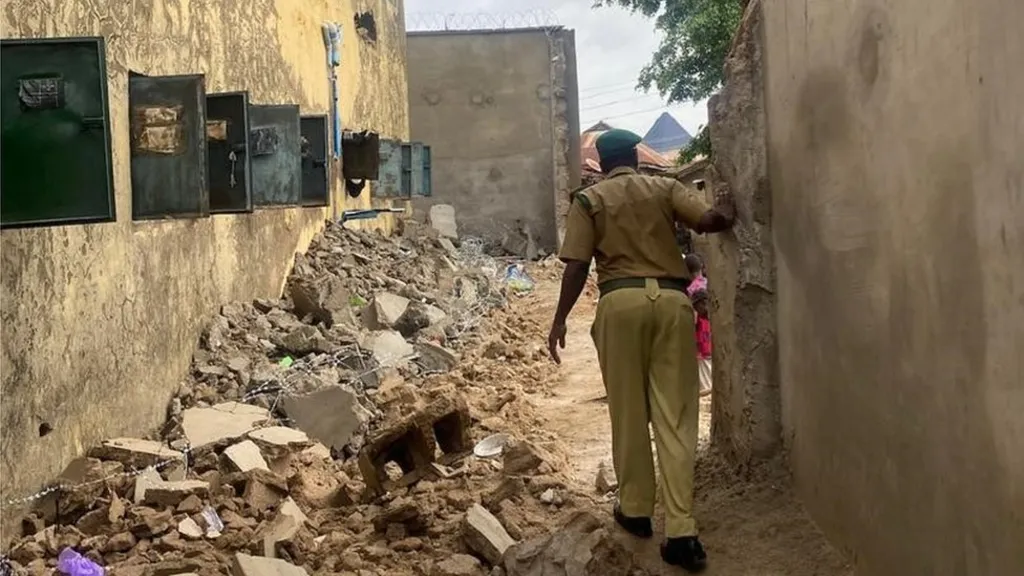Rwanda, Uganda sued over prolonged border closure
Three civil society Organizations have dragged the two governments of Uganda and Rwanda to the East African court of Justice over the Rwanda-Uganda border closure.
The three organizations include the Eastern African sub-regional Support Initiative for the Advancement of Women (EASSI), Center for Food and Adequate Living Rights (CEFROHT) and Southern and Eastern Africa Trade Information and Negotiations Institute (SEATINI) -Uganda.
Keep Reading
- > Parliament questions government's Shs1.1 trillion supplementary budget
- > Salam TV elevates coverage of 11th international Quran competition 2024 in Rwanda
- > Electoral Commission budget expected to rise
- > PPDA asks districts to use use alternative procurement processes to avoid returning money to consolidated fund
The executive director for the Eastern Africa Sub-regional support initiative for the Advancement for Women Sheila Kawamara Mishambi says they are seeking the East African court of Justice to issue a permanent injunction against the two governments to never close the border post and allow free movement of people and goods.
According to their lawyer, David Kabanda, they want the East African court of Justice to issue a permanent injunction against the two governments never closing the border again.
Kabanda says the closure of the border has affected mostly traders engaging in small and medium enterprises and the majority of these are women.
In February this year, the government of Rwanda closed its borders with Uganda at Gatuna--Katuna and Chanika which to date has not been opened.
Both the Attorney Generals of the Republic of Uganda and the Republic of Rwanda have been respectively served with a reference No. 13 of 2019 and notification on the 24th June 2019.
The organisations contend that the court should declare this impunity must not be allowed to happen anywhere else within the EAC. The suit is aimed at ensuring that the losses incurred by the business community and the society at large are audited and the concerned parties adequately compensated.
They go on to say that the Women Cross Border Traders, who are recognised in the EAC Treaty by the Partner States as a vital economic link between agriculture, industry and trade are now being plunged into absolute poverty by the two governments.
The women cross border traders in Katuna and Cyanika who have been working closely with EASSI since 2011 have been forced to run away from their homes for fear of being arrested by financial institutions that gave them loans to run their business prior to the closure of the border.
Currently, Rwandan citizens are not allowed to cross into Uganda to purchase any commodities and Ugandans are not allowed into Rwanda to sell any goods. However, food stuffs are still being smuggled across the border since there is a food shortage in Rwanda.
According to the chairperson Kisoro, Abel Bizimana, "The border closure is an unprecedented event in the history of the East African Community...the most affected people are the small and medium businesses because of their limited ability to relocate to other border posts unlike other large traders. If this issue is not quickly resolved, people will revert to magendo (smuggling) which is dangerous to the people and economy."


















